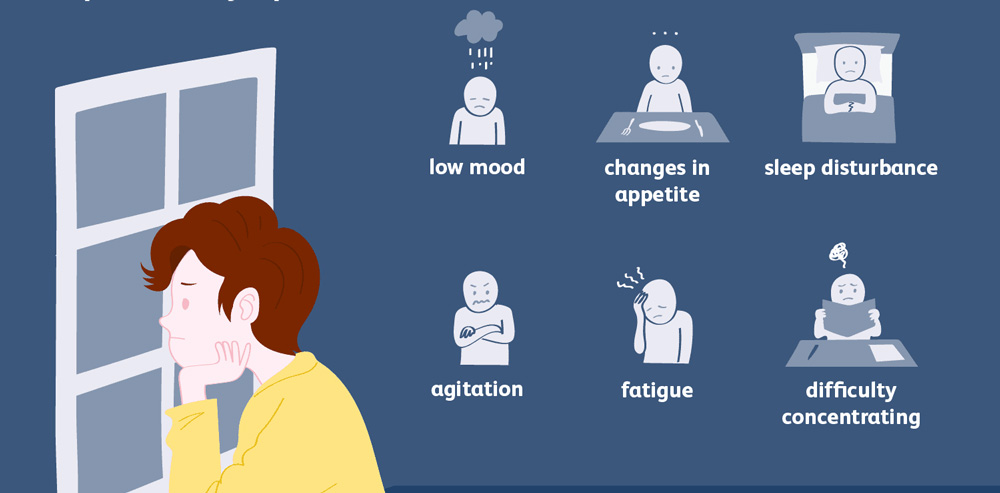Major Depressive Disorder | A Complete Guide
Major Depressive Disorder (MDD) is a serious condition that affects mood, sleep, appetite, and thinking. People with MDD may feel guilty, worthless, and unmotivated. They may also have trouble sleeping or eating. MDD is more common in women than men and can make it difficult to live a normal life.

Classification of Single Versus Recurrent:
Classification of MDD is done based on many different criteria but is it mostly categorized on the basis of episodes.
- Major Depressive Disorder Single Episode
- Major Depressive Disorder Recurrent Episode
Other classifications include the severity of MDD symptoms into:
Mild | Moderate | Severe
In typical, mild, moderate, or severe depressive episodes the patient suffers from mood swings, decreased energy, and reduced activities.
SINGLE EPISODE:
The depression has to last two weeks or longer where a person experiences major depressive disorder single episode mild, moderate, or severe. Other criteria are if the person has or is experiencing psychotic features.
RECURRENT EPISODE
The person must be experiencing repeated episodes of depression without any evidence of hypomania or mania. Each episode has to last at least two weeks in duration. It is also categorized by mild, moderate, and severe. The presence of psychotic features is also assessed.

Clinical depression is a depressed mood most of the day. It is commonly seen in the morning along with a loss of interest in normal daily activities. Symptoms can include constant fatigue, feeling worthless, low self-esteem, difficulty making decisions, lack of or excessive sleeping, loss of interest in activities, restlessness, poor appetite, weight loss or weight gain by more than five percent, and suicidal thoughts.
Causes of Major Depressive Disorder
GENETICS:
If there is a history of Major Depressive Disorder (MDD) in close family members, and especially in immediate family members (grandparents, parents), then the risk for a major depressive episode will be three times more likely.
BIOLOGICAL
Biological causes such as levels of serotonin, norepinephrine, and dopamine, can cause depression or other symptoms if levels are low.
- Obsession and compulsion due to serotonin deficiency
- Attention and anxiety with low levels of nor-epinephrine
- Attention, motivation, and pleasure with low levels of dopamine
- Other biological factors may include tryptophan deficiency, which the body uses to make serotonin (the happy hormone)
ENVIRONMENTAL/ PSYCHOLOGICAL
- Loss of someone due to death or divorce
- Sexual or emotional abuse
Committed to helping
people who want to help themselves
Risk Factors of MDD
Major Depressive Disorder (MDD) is not limited to adults and elderly populations. A substantial proportion of patients experience their first episode of major depression during their developmental years.
There are four major risk factors associated with major depression:
- Gender: major depression is higher in females than males
- Poor lifestyle
- Traumatic childhood experience
- Specific personality traits
Studies in the United States showed an estimation of 17% of the population has experienced or is experiencing major depression. Another study found that nearly 5% of the population reported meeting criteria for major depressive disorder in the last 30 days.
Treatment of Major Depressive Disorder
PSYCHOTHERAPY
Cognitive-behavioral therapy (CBT)
Interpersonal therapy
MEDICATION
Antidepressants
NON-MEDICAL TREATMENT
Physical activity and exercise three times a week for 20 minutes even if it is going for a walk.
Eating a healthy and well-balanced diet which helps improve weight issues, hormonal, and neurological health
